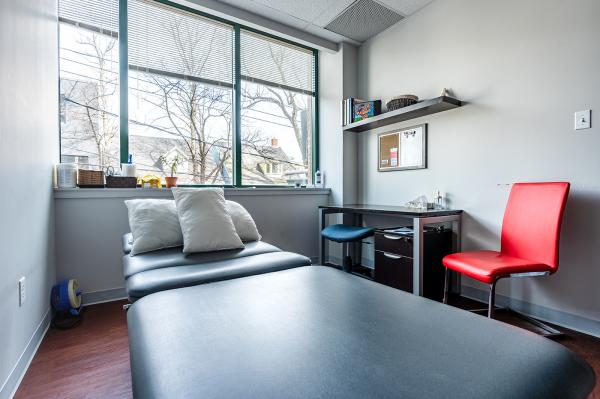
Are you at risk for lymphedema? Or do you have a loved one diagnosed with lymphedema?
Lymphedema is a chronic condition that affects the lymphatic system, part of the body’s immune system.
In this post, we talk more about lymphedema and how it’s diagnosed, treated, and managed. Let’s begin.
What is lymphedema?
Lymphedema is a symptom of a malfunctioning lymphatic system.
Tissue swelling is present in a damaged lymph system due to the build-up of fluid called lymph.
Lymph nodes block lymph flow like a clogged drain. It usually occurs in the arms or legs but can occur elsewhere in the body.
Any type of problem that blocks the drainage of lymph can cause lymphedema. Cancer and cancer treatments are a common causes of secondary lymphedema.
What are the signs and symptoms of lymphedema?
A few of the signs and symptoms to watch out for could be:
- Local swelling (clothes or shoes feel tight)
- A variety of skin changes, including tightness
- Reduced range of motion or mobility
If you notice any signs or symptoms, it’s important to consult a healthcare professional. They can do a thorough medical history, examination, assessment, and rule out other causes of swelling.
How is lymphedema diagnosed and treated?
Lymphedema can vary from mild to severe. There are four stages – from stage 0 through to stage 3.
It’s important to start treating lymphedema early before symptoms are advanced or complications arise.
There are many treatment plans that depend on the stage and severity of symptoms. They include compression, exercise, education, skincare, and manual lymph drainage.
Each individual with lymphedema is unique and requires their own specific treatment.
Can physiotherapists treat lymphedema?
Since there are many ways to treat lymphedema, physiotherapists can be an important part of the team. A healthcare professional who is knowledgeable in the management of lymphedema is essential.
Early intervention is key so that lymphedema does not worsen. Physiotherapists can support your treatment through exercise and patient education. They can be of further assistance if they have more education or training.
Finding an experienced professional who treats lymphedema is essential. Paying close attention to the quality of life as part of the treatment plan will be key.
Can I exercise with lymphedema?
Usually, you can safely do some form of exercise with lymphedema, consulting an experienced healthcare professional first.
Exercises should be prescribed according to the individual’s condition and can include relaxation, range of motion, flexibility, and strengthening.
Benefits of exercise include improved blood and lymphatic circulation, mental and physical wellness, muscle strengthening, and joint mobility.
How do I manage my lymphedema?
Lymphedema management is a team approach among the patient,
a certified lymphedema therapist, and other healthcare professionals.
A few of the ways you can help yourself are by paying close attention to skincare, preventing infections, maintaining a regular exercise regime, and following good nutritional advice.
Learn more about managing lymphedema through physiotherapy
Physiotherapists can support the management of various conditions, including lymphedema.
If you’re in Halifax, Nova Scotia, and need more information about how the process works, our team is happy to assist you. Contact us today at (902) 701-9557.
We also offer a free screening to see if our professional team can address your health concerns.





